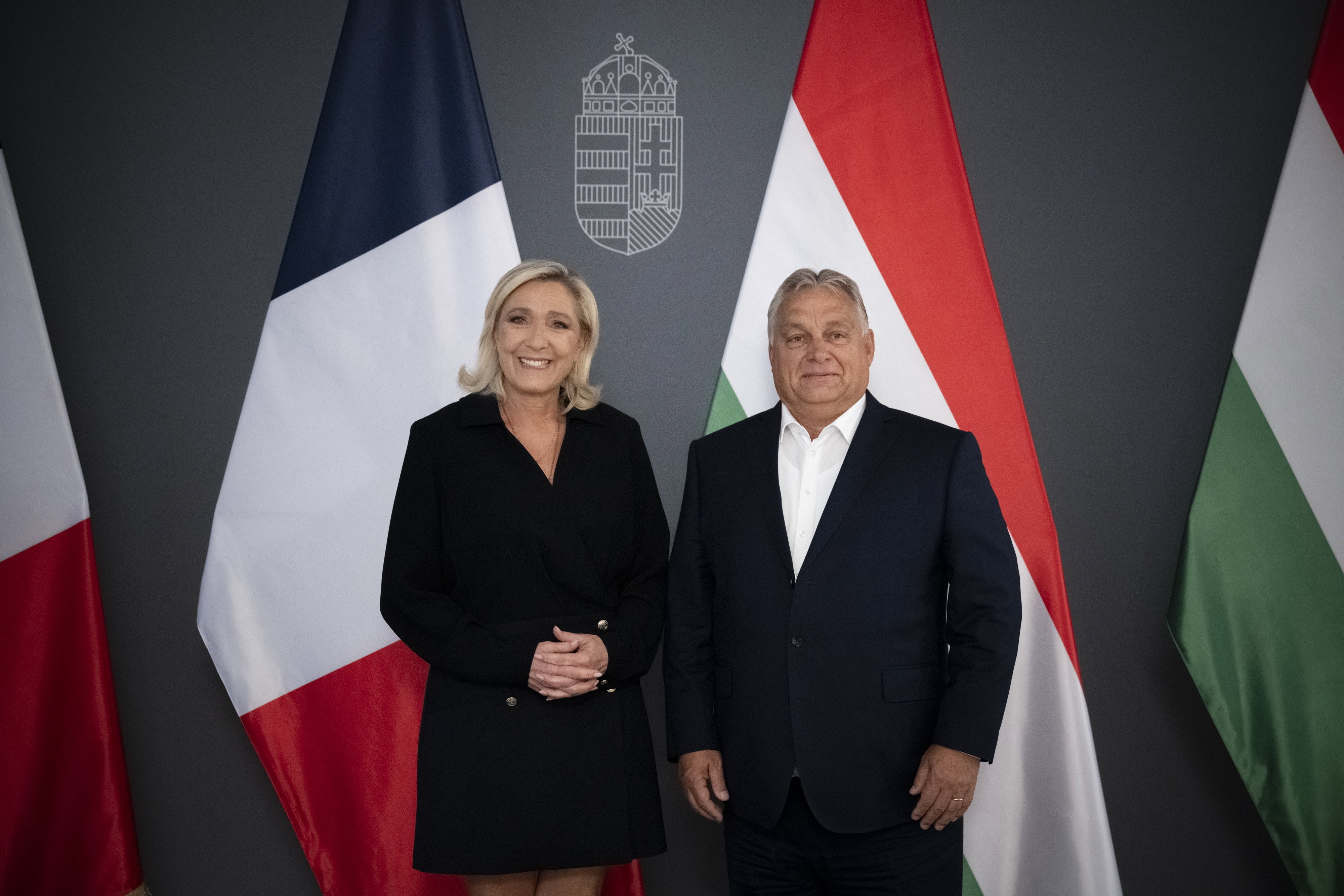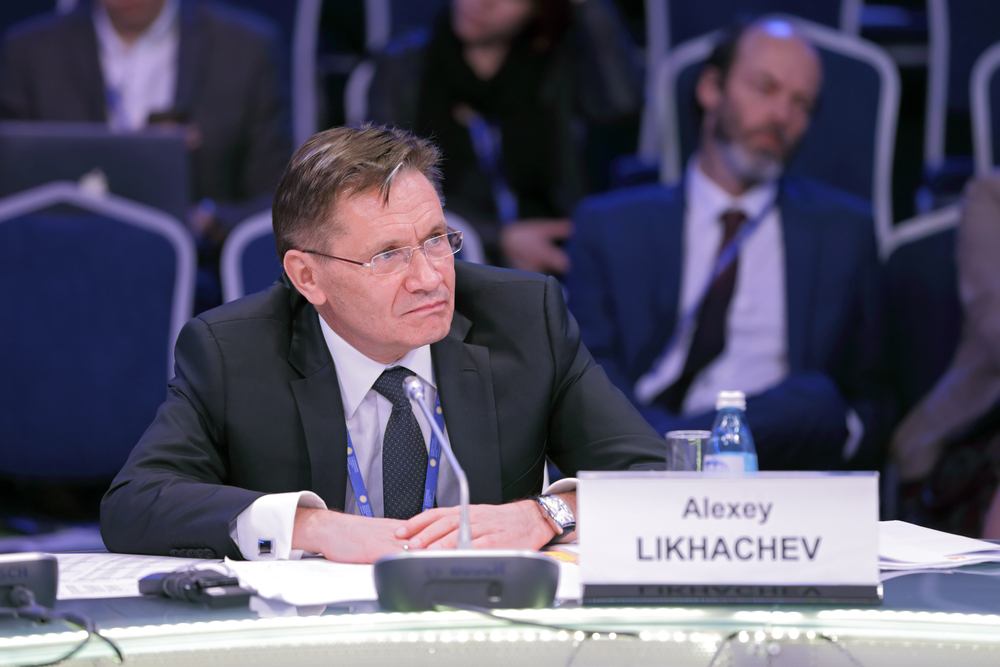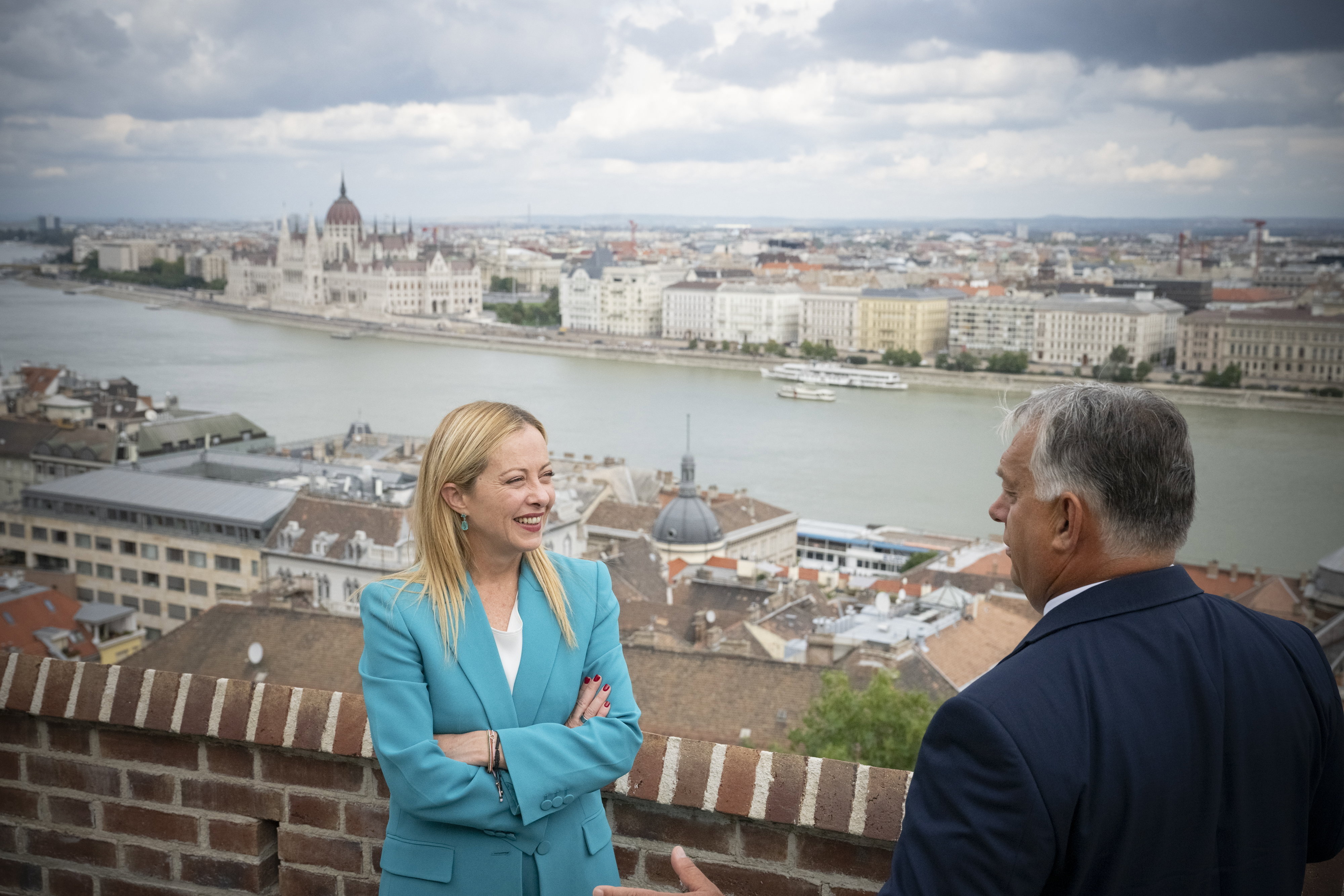Orbán speaks lengthily on Eurozone, gets show of support in Warsaw

Speaking at the Foreign Ministry meeting of Hungarian ambassadors yesterday, Prime Minister Viktor Orbán touched on a number of headline topics, including Hungary’s entrance into the Eurozone and the positive changes effected since his government took office.
Most quotable among worldwide economists was perhaps Orbán’s contention that Hungary should not adopt the Euro currency until the country’s gross domestic product per capita equals minimum 90% of the Eurozone average; according to investment firm Equilor, the GDP per capita for Hungary in 2012 was 65% of said average. Despite Hungary’s “vested interest in seeing the success of the Eurozone,” Orbán opined that nations such as Spain and Portugal are suffering due to joining the Eurozone too quickly.
Orbán also took time to list a few achievements of his government, including decreasing of public debt, a budget deficit under 3% of GDP since 2011, rises in wages and pensions and a growing economy. He also predicted “spectacular” growth for the fourth quarter, stating he’d be “very much surprised” if this weren’t the case.
The speech’s other highlights, per the Prime Minister’s Office, were the following.
“A deeper institutional and eco-political integration of the Eurozone will take place, making large strides, over the next few years…”
“An unclear relationship in national and community competences only favors large states and leads to double standards…”
“In a time of crisis, targeted measures produce better results, without which it will be impossible to exit the crisis. Yet Hungary's targeted measures, such as the banking and telecommunications taxes, are constantly criticized[, but] Hungary has been able to reverse negative trends and reduce state debt…”
“The EU must reach an agreement with Russia to improve its competitiveness. For Central Europe, this is historically a complex issue […] The region must clearly define its interests in the context of a long-term EU-Russia strategic agreement, in case such an agreement comes about…”
“Since the EU is a transatlantic community, it must strike a balance between a strategic pact with Russia and a free-trade agreement with the United States. As for the latter, a Hungarian Government committee has been formed to establish how such an agreement would affect the various sectors of the Hungarian economy…”
“There are differences of opinion on ideology with the US … freely-elected representatives of the Hungarian people make decisions freely about what is good for them and what is not…”
Meanwhile, the Orbán adminstration’s shaky relationship with the EU inspired a demonstration in Poland – but in a show of support.
Several hundred protestors, including conservative media as well as high-ranking members of Poland’s main opposition party Law and Justice (PiS) Krystyna Pawlowicz and Jan Szyszko, gathered in front of the Hungarian embassy in Warsaw to support Hungary’s current government.
The demonstration was inspired by the Tavares Report, and a statement from the protesting parties told in part of “support to the Hungarian people in its effort to preserve its independence and sovereignty within the European Union and solidarity with the Hungarian parliament over an unprecedented pressure by the European Parliament.”
PiS has long been a firm supporter of the Orbán government. In June, spokesman Jan Dziedziczak appeared on Hungarian television to state that his party “admired” Orbán for “his independent foreign policy, for his conservative values, and for not being a vassal of Brussels or Berlin.” And after its unsuccessful run in parliamentary elections in 2011, party leader Jarosław Kaczyński said he was “deeply convinced that there will come a day when we will be victorious, when we will have a Budapest in Warsaw.”
SUPPORT THE BUDAPEST BUSINESS JOURNAL
Producing journalism that is worthy of the name is a costly business. For 27 years, the publishers, editors and reporters of the Budapest Business Journal have striven to bring you business news that works, information that you can trust, that is factual, accurate and presented without fear or favor.
Newspaper organizations across the globe have struggled to find a business model that allows them to continue to excel, without compromising their ability to perform. Most recently, some have experimented with the idea of involving their most important stakeholders, their readers.
We would like to offer that same opportunity to our readers. We would like to invite you to help us deliver the quality business journalism you require. Hit our Support the BBJ button and you can choose the how much and how often you send us your contributions.









